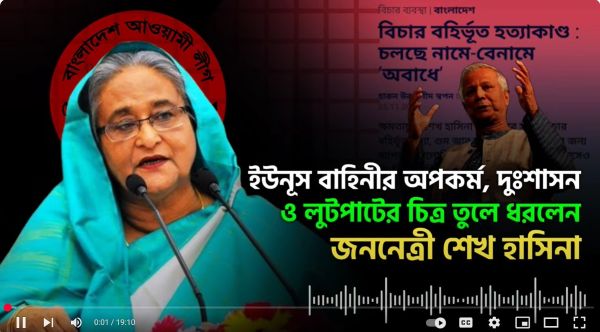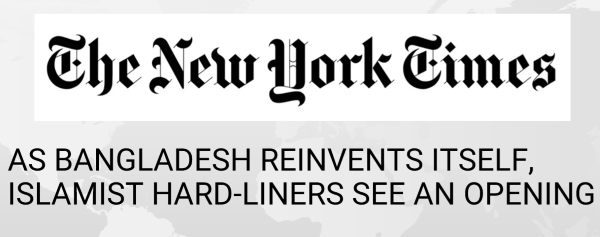
...
Pluses and minuses of High Court’s verdict on 15th amendment to Bangladesh’s Constitution
On December 17, 2024, the Bangladesh High Court declared several provisions of the 15th Amendment to the Bangladesh Constitution invalid, including the abolition of the caretaker government system.
This verdict marks a significant development in Bangladesh's political landscape, with both positive and negative implications. The response from political parties and the impact on future elections remain to be seen.
Historical Context
The caretaker government system was introduced in the 1990s based on recommendations from all political factions following the collapse of former President HM Ershad during a mass uprising.
This system oversaw four national elections: in 1991, the Bangladesh Nationalist Party (BNP) came to power; in 1996, the Awami League took leadership; and in 2001, the BNP regained power with a two-thirds majority.
However, critics accused the BNP of attempting to manipulate the system by unlawfully increasing the retirement age of Justice KM Hasan to bias the appointment of the head of the caretaker government before the 2006 election.
This led to widespread protests from the then-opposition Awami League, ultimately resulting in then-President Iajuddin Ahmed declaring a state of emergency.
During this political crisis, the High Court issued a landmark verdict stating that an unelected government could never come to power and that power must be handed over to an elected government.
Subsequently, another caretaker government, led by former Bangladesh Bank governor Fakhruddin Ahmed, took control and supervised the ninth national election in 2008, where the Awami League secured a landslide victory.
In 2011, the Awami League abolished the caretaker government system through the 15th Amendment, aligning with the High Court’s 2007 verdict to empower the elected government.
Pros and Cons of the Verdict
Many political parties in Bangladesh, along with a significant portion of the population, believe that the High Court's recent decision to reinstate the non-partisan caretaker government system is vital for ensuring free and fair elections.
This ruling may also help restore public trust in the electoral process, as many see a caretaker government as a guarantor of impartiality and fairness, despite historical inconsistencies.
However, reinstating the caretaker government could lead to political instability, as it inherently challenges the current government's authority and legitimacy.
For example, the conflict between rival parties before the formation of the caretaker government in 2007 resulted in a state of emergency in Bangladesh.
Even after politicians apparently agreed on a caretaker government chief, the conflict persisted. The BNP-led four-party alliance, which had welcomed Iajuddin Ahmed's assumption of the office as Chief Adviser and attended his oath-taking on October 29, 2006, boycotted the ceremony of the new Chief Adviser, Dr. Fakhruddin Ahmed. In contrast, the Awami League (AL)-led 14-party coalition and the Liberal Democratic Party (LDP), which had boycotted Iajuddin's oath-taking, attended Dr. Fakhruddin's ceremony.
The reinstatement of a caretaker system implies that the current government is not trusted to conduct free and fair elections independently. This move could be perceived as undermining the Election Commission (EC) and may lead to several consequences, including:
-
Opposition parties may view this as an opportunity to further criticize the government, resulting in increased political polarization and confrontation.
-
The public might interpret the reinstatement as a sign that the elected government cannot be trusted, potentially leading to protests, civil unrest, or loss of confidence in political institutions.
-
Transitioning to a caretaker government could create logistical and administrative challenges, disrupting governance and policy implementation.
-
The process of establishing a caretaker government and organizing elections might cause delays, resulting in a power vacuum and uncertainty about the future political landscape.



